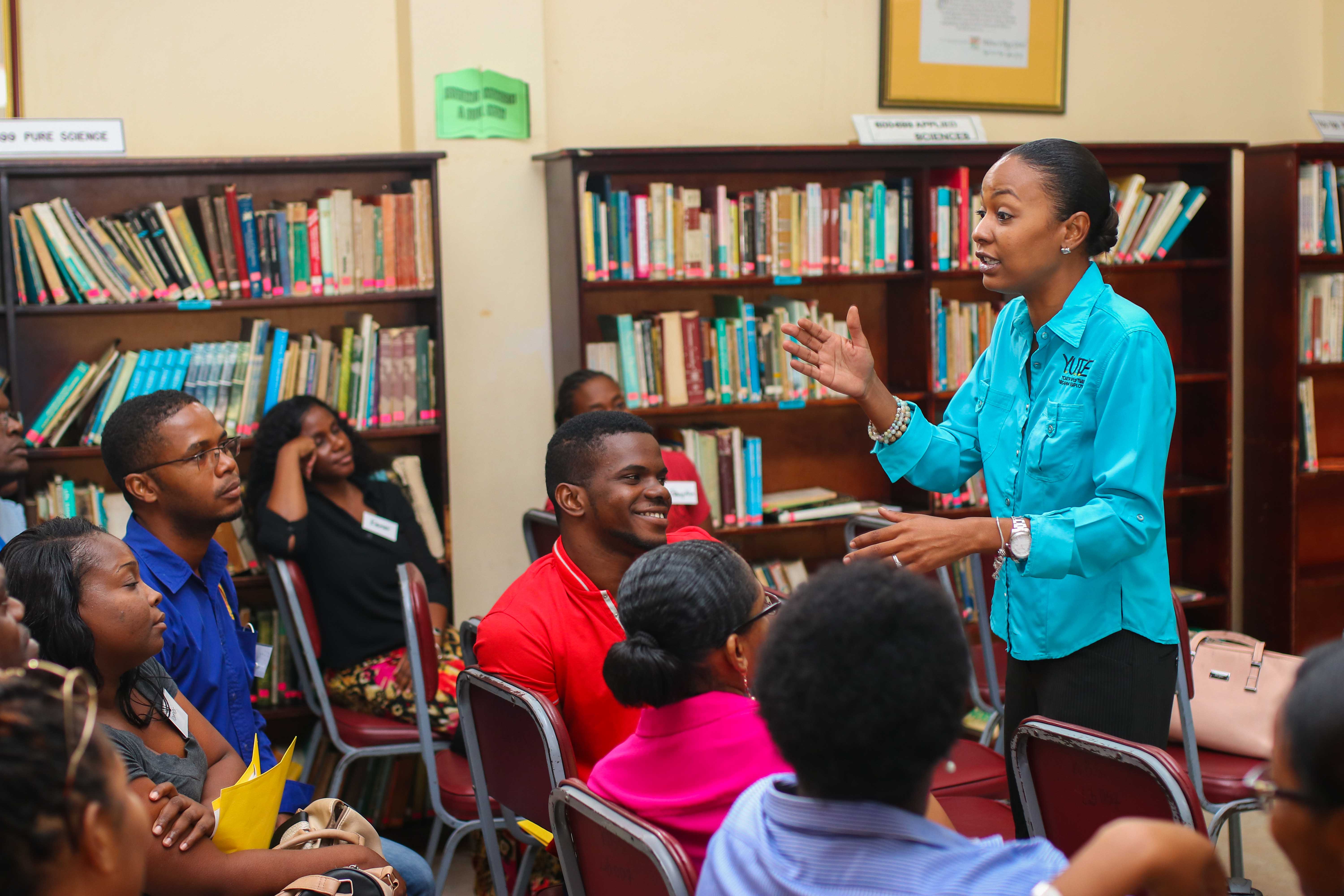Wolmer’s Boys’ formalises mentorship programme
Relating to other males without resorting to verbal or physical violence; treating others with respect; and withstanding great — even brutal — levels of peer pressure. These are the most urgent reasons today’s teenaged boys are in need of strong, positive male role models, according to veteran Wolmer’s Boys’School information technology (IT) teacher Anthony McKnight.
Citing the number of boys growing up fatherless, and who are exposed to the lure of gangs, drug use and breaking school and other rules to “fit in”, McKnight says mentorship is an excellent vehicle through which such youngsters may be reached. For that reason, he was pleased to learn that the unofficial mentorship that he and many of his fellow teachers have been offering will now be formally structured at the school.
“Mentorship is needed because, over the years, I have observed a number of young men who don’t have a positive male model in their life; no fathers. And so the challenge as a teacher is to try to be that father figure and to find time to teach, so strengthening the programme of mentorship will help a lot, and the boys need it,” he reported.
McKnight was one of some 60 academic staff members at Wolmer’s Boys’ who The MultiCare Youth Foundation recently introduced to established principles of mentorship at the school’s Heroes’ Circle campus. The foundation was invited to facilitate the workshop by the Wolmer’s Old Boys Association, which is in the process of expanding its existing mentorship programme at the institution.
The objectives were to strengthen the mentorship skills of teachers already involved in informal mentorship, and to offer the others a chance to decide if mentorship was something that was of interest to them.
Co-presenters were Alicia Glasgow Gentles, executive director of The MultiCare Youth Foundation, and Sandra Glasgow, businesswoman, and director of the Foundation.
They briefed the groups on the history, potency, main guidelines and established ‘dos and donts’ of the mentorship process. They also encouraged the staff members to detect specific needs of the boys, to consider whether group or individual mentorship might be best in certain cases, and to identify key approaches to enhancing the positive development of their students through mentorship.
Glasgow Gentles explained that the foundation, an associated charity of the ICD Group, comprised the 24-year-old MultiCare Foundation serving more than 150,000 children in 32 inner-city primary and secondary schools; the 26-year-old Youth Opportunities Unlimited (YOU) mentorship organisation, and the seven-year-old Youth Upliftment Through Employment (YUTE) programme which has positively intervened in the lives of 2,500 unattached youth.
The YUTE&YOU Mentorship Programme has trained some 900 volunteer mentors since inception, the most recent of which was 18 mentors for Calabar High School’s mentorship programme.


